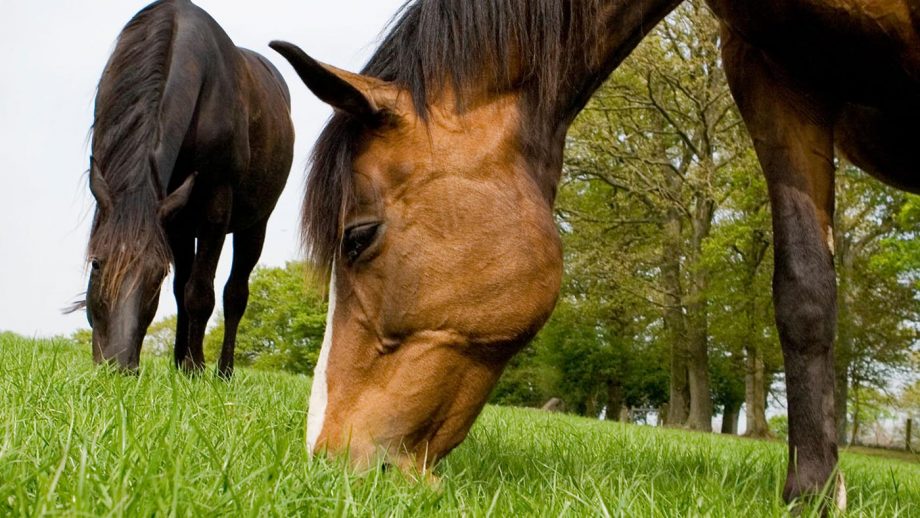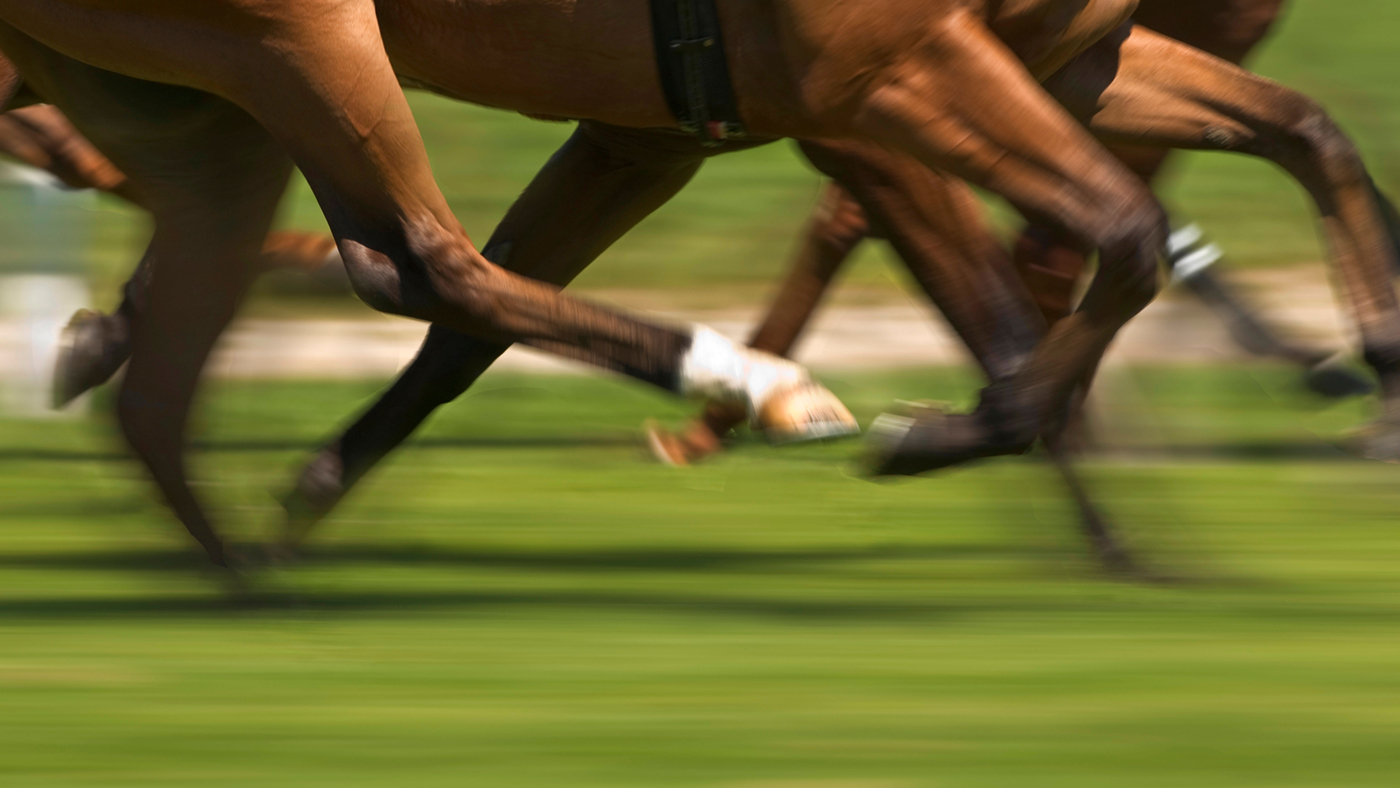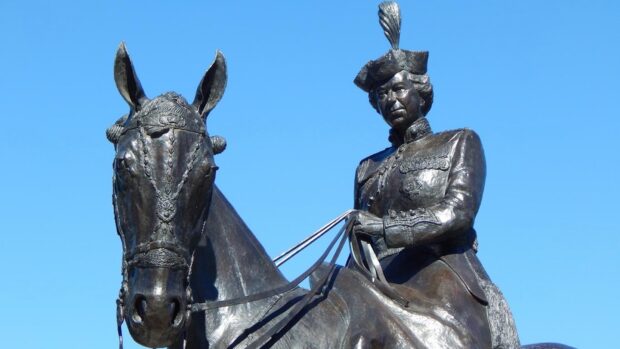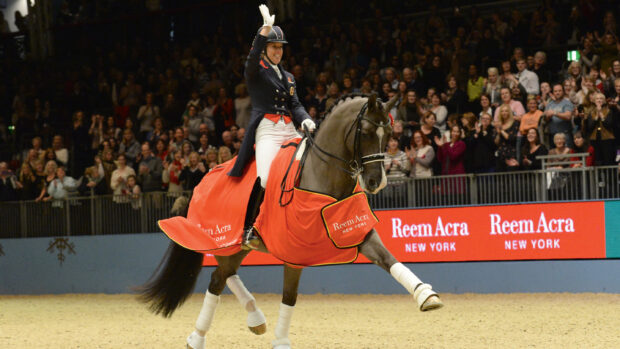New research has found a reason as to why some thoroughbreds have a higher risk of fractures than others.
A team led by Royal Veterinary College (RVC) senior research fellow Dr Debbie Guest looked into genetic risks of fracture in thoroughbred horses. They found that horses with lower levels of collagen type III – a gene required for normal bone formation – have a higher risk of fracture.
The findings have enabled the RVC to develop systems to identify genetically high-risk horses.
“In this study, we established a cell model to investigate the genetic factors involved in fracture risk,” states the study. “We found that collagen type III is expressed at lower levels in cells from horses with a high genetic risk of fracture and identified a novel DNA variant that is significantly associated with fracture and can affect the expression level of collagen type III.”
More research is now being carried out to validate the risk-scoring system in another cohort of horses. It is also hoped that further studies building on these findings and systems will help identify other genes and processes, to better understand why some horses are inherently more susceptible to fractures than others.
“We know that there are many environmental risk factors for fracture and much has been done over the years to reduce these risks. Despite this effort, fractures sadly still occur, and we know that some horses are genetically more predisposed to fracture than others,” said Dr Guest.
“The development of a polygenic risk score for fracture will allow us to identify horses that are at high genetic risk, to allow the targeted use of diagnostic imaging and close monitoring of their bone health.
“This study has also demonstrated the power of using cell models to work out what differences exist in bone cells from high- and low-risk horses and therefore why some horses are at high risk. This is vital to develop new interventions for high-risk horses in the future so that they are less likely to suffer from a catastrophic fracture.”
H&H asked Dr Guest what options there could be for mitigating risk for horses with lower levels of collagen type III.
“We think that collagen type III is only a small piece of the puzzle and that there are going to be lots of different genes which are affected in genetically high-risk horses,” she said.
“The effect of each individual gene is likely to be small and so we do not anticipate developing an intervention based on collagen III alone.
“However, we now have the laboratory tools to work out more of the genes and biological processes that are affected in high-risk horses. This might give us a broader picture of what is different in the bones of these horses so that in the future we can develop new interventions to improve bone health.
“In the meantime, identifying high-risk horses would allow the targeted use of diagnostic imaging to allow closer monitoring of horses in racing/training so that subtle changes can be detected prior to a catastrophic fracture occurring, and the horses can be managed accordingly until a return to normal bone health has occurred.”
Dr Guest also told H&H that identifying horses at genetically high risk “would allow owners to make “informed breeding decisions”, such as crossing them with a low-risk horse.
“Over time this would help to reduce the genetic risk in the population, while still maintaining genetic diversity in the breed,” she said.
The study was funded by the Horserace Betting Levy Board, the Anne Duchess of Westminster Charitable Trust and The Alborada Trust.
You might also be interested in:

Subscribe to Horse & Hound magazine today – and enjoy unlimited website access all year round

How much does a horse really cost a month? H&H does the maths…

How to stay sane in the rain with your horse

Lameness in horses: what every owner needs to know
Horse & Hound magazine, out every Thursday, is packed with all the latest news and reports, as well as interviews, specials, nostalgia, vet and training advice. Find how you can enjoy the magazine delivered to your door every week, plus options to upgrade your subscription to access our online service that brings you breaking news and reports as well as other benefits.




